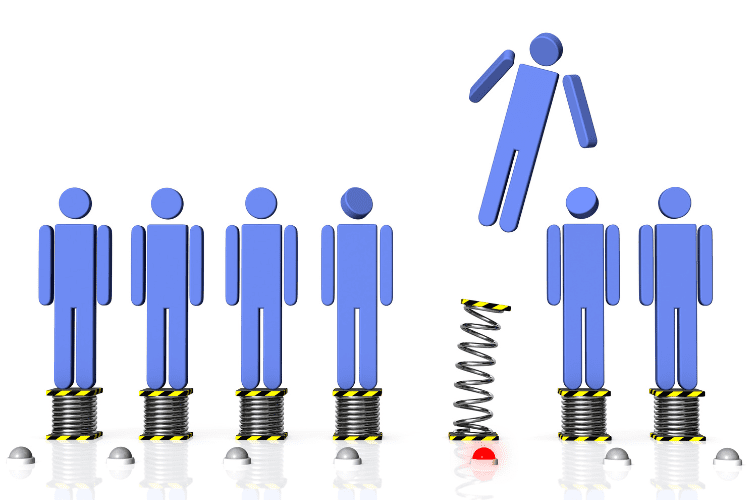Quiet Firing: Will Your Job Be Next?

At this point, I’m sure you’ve heard of the trending buzzword “quiet quitting:” the idea that you remain an employee in good standing, but you don’t go above and beyond your regular responsibilities. Basically, you do the bare minimum at work with just enough effort so you don’t get fired.
Like all things that go viral these days, this idea was born from the popular social media platform, TikTok. American TikToker @zaidleppelin from New York City posted about the concept and argued for work reform in the United States. Quiet quitting (sort of) plays into the theme of the Great Resignation, a phenomenon that seems to have been born out of pandemic times.
Now, there’s a new term circulating the web: “quiet firing.” Let’s discuss more about this term and how it could affect you.
What is “Quiet Firing”?
CNBC reports that quiet firing is essentially when you’ve noticed your boss isn’t acknowledging your hard work and contributions like they used to. This is the first warning sign to be aware of.
A looming recession doesn’t help: many employers are looking to cut costs and mitigate financial risk ahead of a financial downturn, so it’s crucial to think about where your job function fits into the business and if there’s any chance that your role may not be as valued or as useful as your counterparts.
Here are some key signs to watch out for that (might) indicate that quiet firing is happening to you:
- No salary increases for a year or more
- Little to no meaningful feedback and avoidance from your manager
- You bring ideas to the table, but no one pays attention
- Being put on the spot
- Exclusion from essential meetings that perhaps you used to be included in
- You no longer feel challenged, and your responsibilities become stagnant
My take? Numbers 1 and 6 are probably two of the most important red flags to watch out for. Also, part of “quiet firing” may be to get you, the employee, to quit or voluntarily part ways of your own volition. Why? This way, they have no obligation to pay you any sort of severance! It’s a sneaky (and financially strategic) decision on your employer’s part, but certainly not beneficial to you.
To add, I think that there could be a correlation between those who are quiet quitters and quiet firing. If you decide to take part in quiet quitting, that might become obvious to your manager and lead to quiet firing. Just some food for thought!
Should You Be Worried About “Quiet Firing”?
I would say it really depends on the industry you work in and how you forecast the downturn in the U.S. economy to affect your organization. If you feel that your line of work might be the first to be affected, it might be worthwhile to devise a plan B and C for yourself in the event of a layoff. Taking up side hustles and learning new skills (or getting certifications for new skills) are two great ways to boost your value in the job market while also diversifying your potential job prospects.
On the flip side, it’s important to consider your mental health and work environment satisfaction. Do you have the option of remote work if wanted or needed? Are you happy in your day-to-day work life? – elements like this matter. So, if you question your current role anyway, signs of quiet firing might be your signal to let it play out, proactively plan your next steps, and then move on after it happens.
The Bottom Line
In an increasingly unstable economy, interest rates on the rise (your credit card debt is getting more expensive!), and a looming recession likely in 2023, it’s important to notice signs of quiet quitting at your workplace and particularly as it relates to your role. Don’t be caught off guard by a layoff or the elimination of your role that you probably already saw coming!
Read More: Looking for WFH Jobs with No Experience? Some Alternatives to Try










